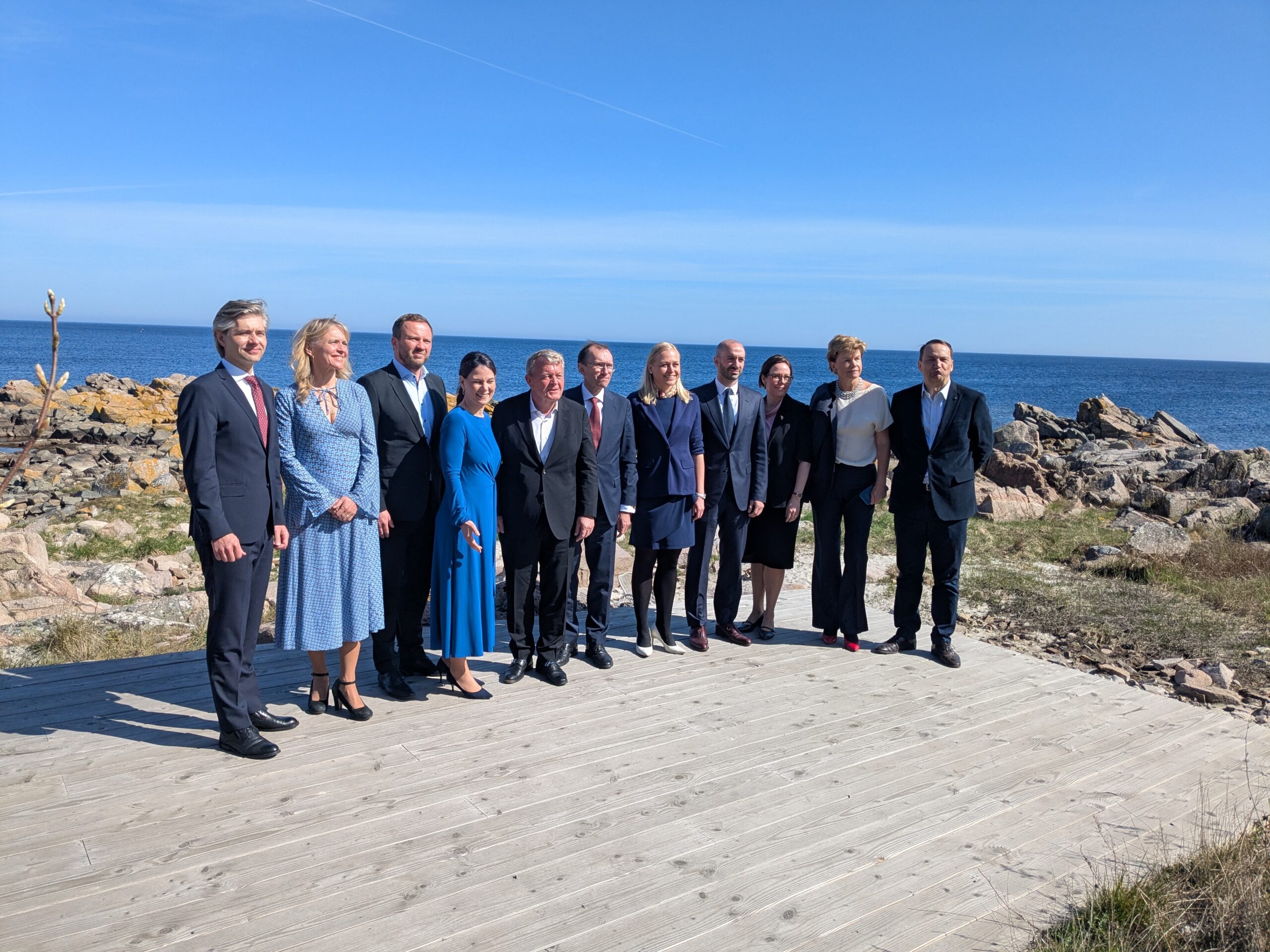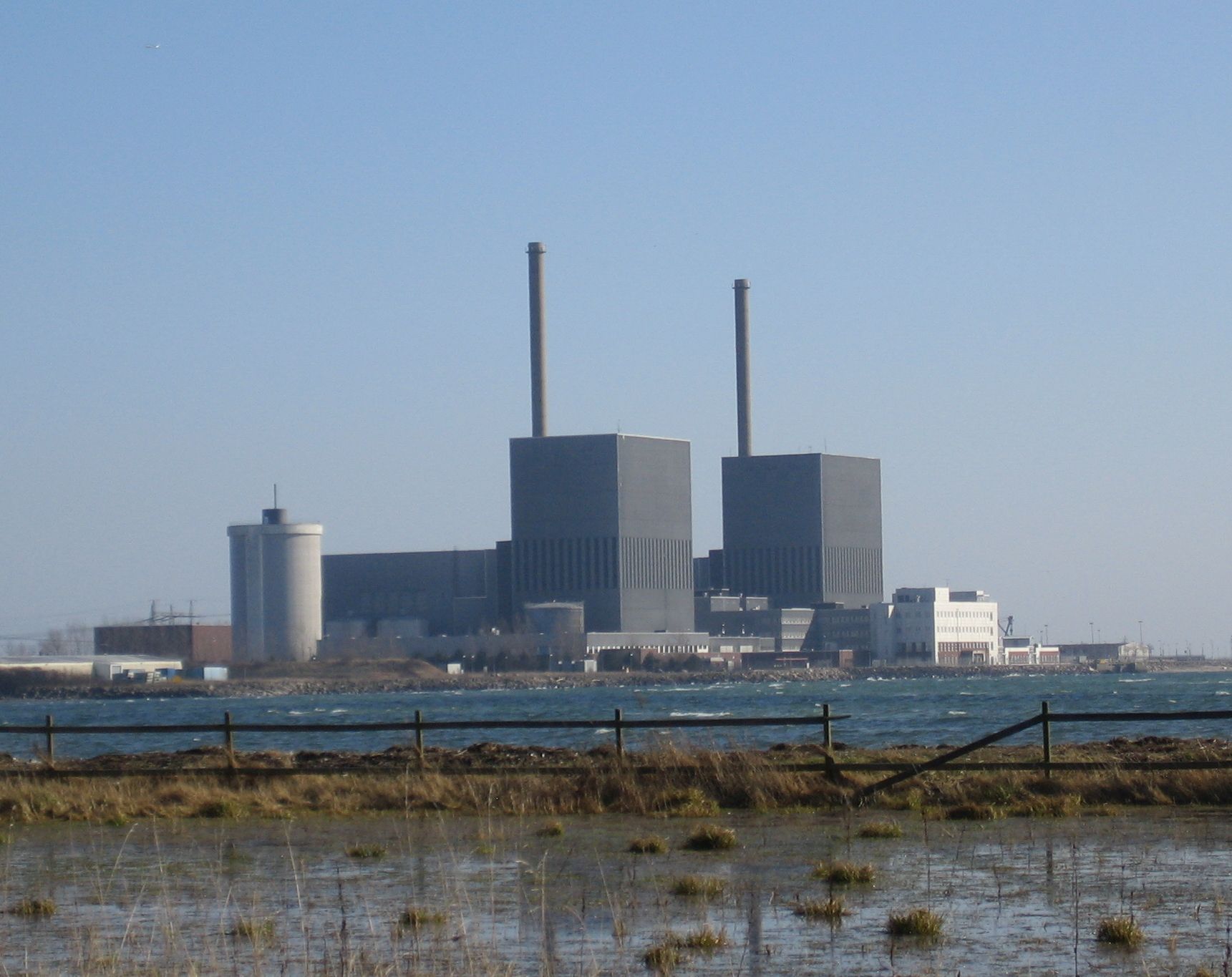Copenhagen police have admitted to wrongly confronting a Kurdish man accused of financing terrorism with a text message that had been improperly translated by Google Translate, the computer firm’s free, online translation service.
The man reportedly suffered a breakdown following the interrogation and his lawyer, Thorkild Høyer, called the use of Google Translate unacceptable in legal proceedings.
“But it is even more serious in a case involving allegations of terrorism, and in which the accused are being held on remand,” Høyer told Politiken newspaper.
Høyer said the Google-translated documents violate Danish laws preventing investigators from presenting people accused of crimes with false information, and he is demanding that all such documents be dismissed from the investigation.
The 50 year-old man is one of the eight Kurds arrested in September and accused of financing terrorism for collecting upwards of 140 million kroner on behalf of the Kurdistan Workers’ Party (PKK), which is considered by the EU to be a terrorist organisation.
The money is alleged to have been passed on to the PKK by Roj TV, a Kurdish TV station based in Copenhagen. The station is itself currently involved in a court battle of its own over whether it is a propaganda instrument for the PKK between 2006 and 2010. In January, Roj TV was found guilty by the Copenhagen City Court and fined a total of 5.2 million kroner. The station’s appeal is currently being heard by the Eastern High Court.
The police said no other documents had been translated using Google Translate, and that it was not a method they used.
“During the interrogation, the investigator used a Google-translated version of the contents of the text message and he should not have done that,” Copenhagen police inspector Svend Foldager told Politiken. “There is not much to say other than it was a mistake. I know only of this one instance and I’ve never heard of it happening before.”
While the police maintained that Google Translate will never be used again, they did indicate that the document in question had not been used in the decision to remand the eight accused.
The translation error was coincidentally discovered by a translator during the interrogation of the man. The Google Translate version of the message in Turkish read: “I call for a meeting.”
But according to Høyer, the message was a mass-invitation and part of a text-message chain without a personal sender.












